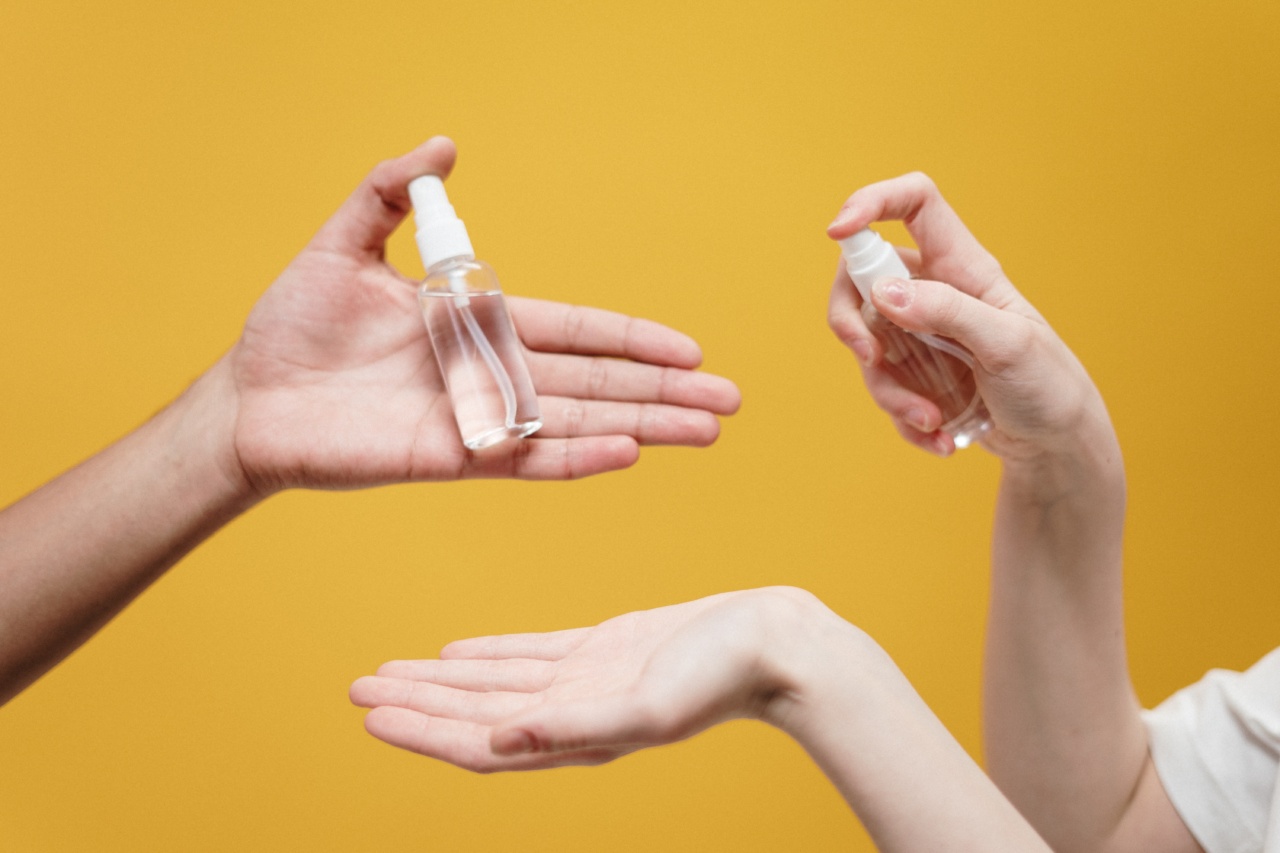Alcohol consumption is a common habit for many people, but it is also known to have a range of health effects. One area that has received increasing attention in recent years is the relationship between alcohol and prostate health.
What is the prostate?
The prostate is a gland that is part of the male reproductive system. It is located just below the bladder and in front of the rectum. Its main function is to produce and secrete a fluid that is a component of semen.
What are the effects of alcohol on the prostate?
Many studies have attempted to explore the relationship between alcohol consumption and prostate health.
While there is still much to be learned on the topic, some research has suggested that heavy alcohol consumption may be linked to an increased risk of prostate cancer.
One study published in the journal Cancer Epidemiology, Biomarkers & Prevention found that heavy alcohol consumption was associated with an increased risk of aggressive prostate cancer, particularly among men with a family history of the disease.
The study defined heavy drinking as more than three drinks per day.
Another study, published in the Journal of Urology, found that moderate alcohol consumption (one to two drinks per day) was not associated with an increased risk of prostate cancer.
The exact mechanisms by which alcohol may affect the prostate are not yet fully understood.
Some theories suggest that alcohol may increase the production of certain hormones that can contribute to the development of prostate cancer, while others propose that alcohol may damage DNA and promote the growth of cancer cells.
How much alcohol is too much?
There is no set amount of alcohol that is universally considered “too much” when it comes to prostate health. However, many medical professionals advise men to limit their alcohol intake to no more than one to two drinks per day.
It is also important to note that other factors, such as family history and age, can play a significant role in prostate health.
Men with a family history of prostate cancer may be advised to limit their alcohol intake even further, while older men may be at higher risk for prostate cancer regardless of their drinking habits.
Other considerations for prostate health
In addition to limiting alcohol consumption, there are several other steps that men can take to help maintain good prostate health:.
- Exercise regularly
- Eat a healthy, balanced diet rich in fruits, vegetables, and whole grains
- Get regular prostate exams, particularly if there is a history of the disease in the family
- Talk to a doctor about any concerns regarding prostate health, particularly if there are symptoms such as frequent urination, difficulty urinating, or blood in the urine or semen
Conclusion
While further research is needed to fully understand the relationship between alcohol and prostate health, it is clear that heavy drinking may be associated with an increased risk of prostate cancer.
Men are advised to limit their alcohol intake to no more than one to two drinks per day, and to take other steps to maintain good prostate health.




























